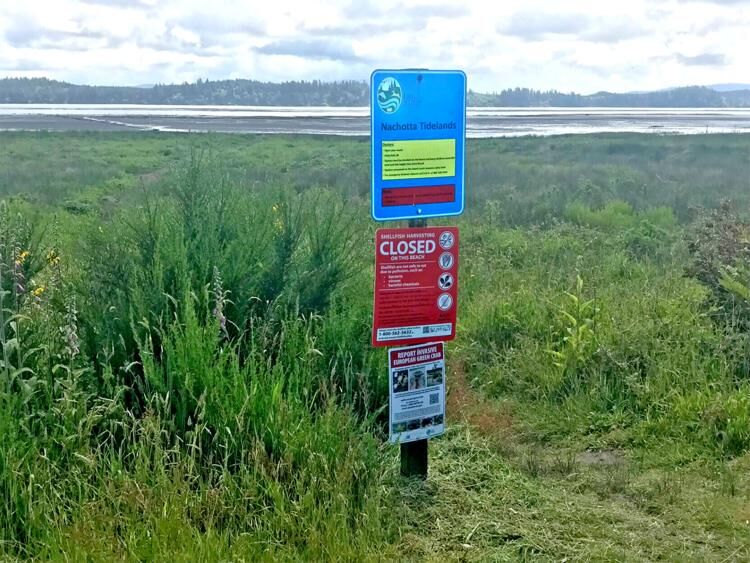Our View: Marine toxin outbreaks demand better science
Published 12:30 am Saturday, July 13, 2024

- The threat from marine toxins led to shellfish harvest closures.
Oregon, Washington and other coastal states increasingly share a vexing problem with marine toxins that shut down harvests and put human health at risk.
Trending
Beaches across our region were recently closed to shellfish harvests because of elevated levels of paralytic shellfish poisoning, also misleadingly known as red tide — it usually isn’t red. More importantly, the outbreak disrupted some commercial oyster and clam harvesting in Willapa Bay.
Science bears out that these poisons can and do cause serious illness and even death. The outbreak sickened some who ate shellfish in Oregon. The states were smart in acting to promptly close harvests, both for the paramount reason of avoiding harm to consumers and because such harm might have done great damage to the reputation of some of the coast’s most valuable products.
Around the world, harmful algal blooms are an issue of ever-increasing concern. Poorly understood, they are blamed on everything from changes in ocean upwelling patterns to runoff of fertilizers and other chemicals. Changes in ocean chemistry tied to absorption of greenhouse gases and growing offshore “dead zones,” where lack of oxygen kills many forms of marine life, are disturbing indications of habitats gone bad.
Trending
It’s clear that states should continue working with universities, the National Oceanic and Atmospheric Administration and other agencies in an effort to better understand these runaway algal blooms and the problems they cause. It’s also clear, from what local shellfish growers have observed, that there must be improvements in how tests find and track toxin outbreaks.
The ocean is telling us something — it is being asked to absorb too much of our pollution. It will be time and money well spent if we can figure out exactly what is going wrong and begin fixing it.
Economic and environmental harm from marine toxins demands investment in good science and aggressive follow through.









